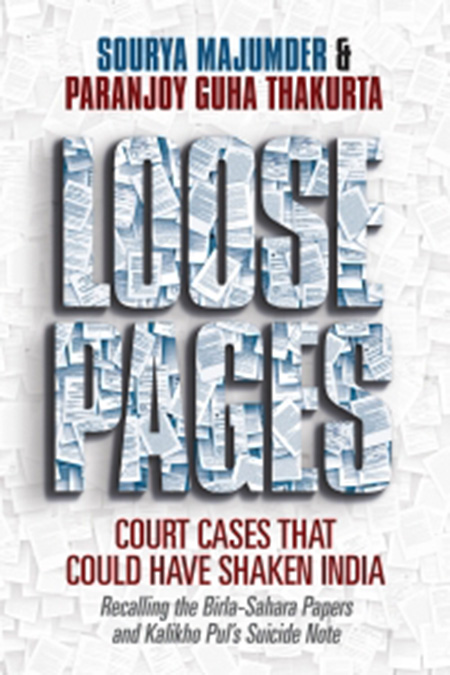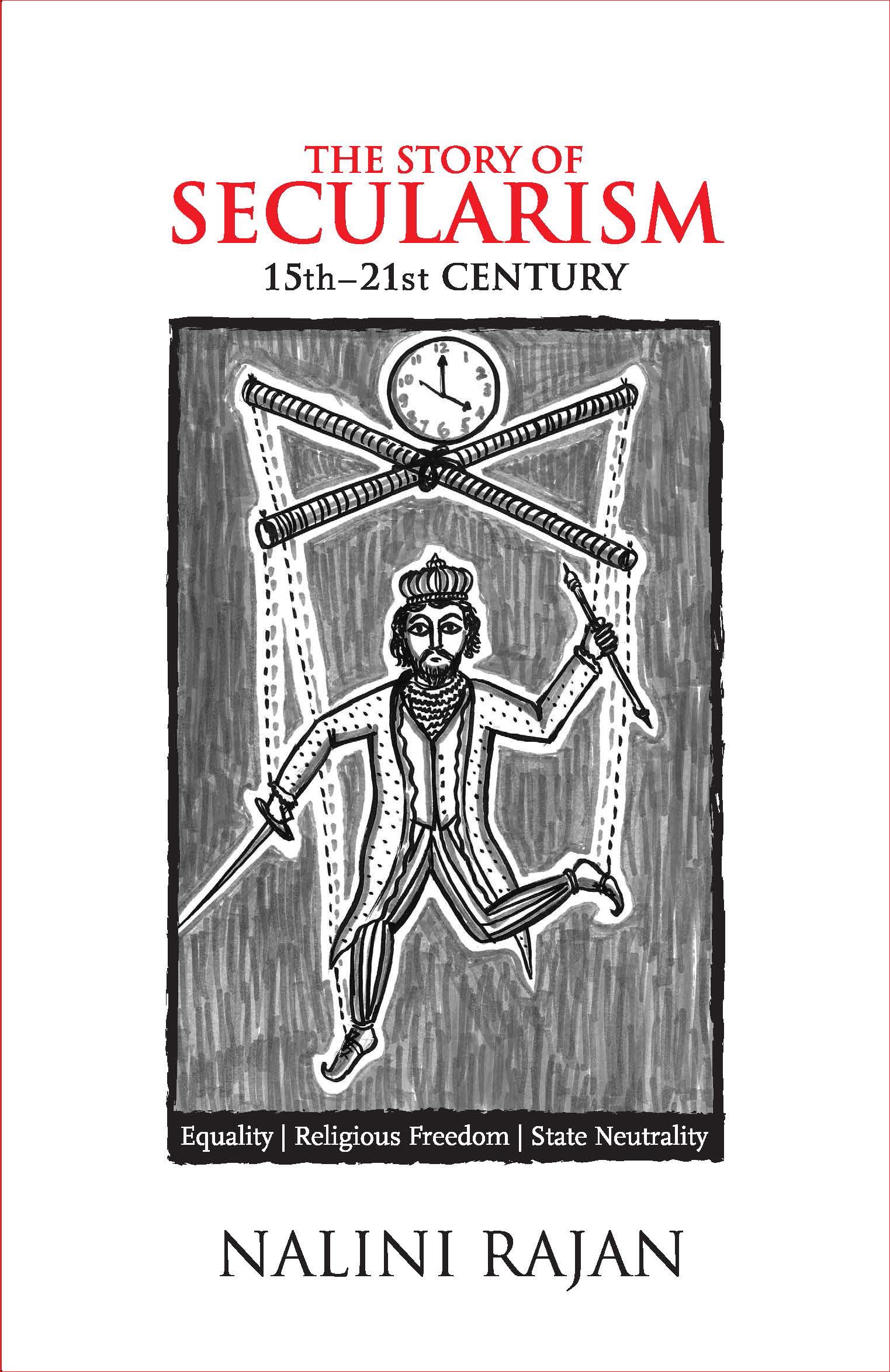It was a reunion organised by Potty, not his real name of course, who was coming to Delhi with his family after having spent more than three decades working for the IMF. Besides yours truly—Thak to the initiated— there was Dasi, a one-time Trotskyite who, lo and behold, became a self-appointed ideologue of right-wing Hindu nationalist forces led by NaMo. Alcohol and large dollops of nostalgia were followed by a trip down memory lane to Pandara Market, now far more tony than it was in the 1970s. The choices were, however, no different: if not “Pindi’s”, then “Have More”.
Headier than the booze was the no-holds-barred gossip, more salacious than the extra-curricular activities of Dominique Strauss-Kahn, with whom Potty had worked closely. None was spared: from ‘See-Through’, a contemporary of ours, the first-time MP who was catapulted to the position of a Union minister after an illustrious career in the UN, to the less fortunate tea planter who sported fancy ties but never became the ‘Boss’ that he was called. Nicknames necessarily dominated the discourse, especially ones that sounded like expletives. After all, we belonged to a privileged elite. We were callow young men when Indira Gandhi imposed the Emergency.
We didn’t recall Aloo, younger brother of the country’s most powerful technocrat, who greeted us with “haloos” as we moved across the Rudra lawns, or remembered Clown—with his shaven head and flowing beard—and his elder brother who suffered the ignominy of being of one of the few secretaries to the government of India to have spent time behind bars for alleged acts of corruption. We remembered some acquaintances, had forgotten many others. After the initial bonhomie, Dasi and I lost no time taking silly pot-shots at each other because we were ideologically poles apart. It was almost as if nothing had changed after 40 years. Only our hair was grey and our paunches bulged. We parted ways, not too sure when—and if—the three of us would ever meet again together, “in thunder, lightning or in rain”.
St Stephen’s College admitted only those who had performed brilliantly in their school-leaving exams. It didn’t matter if many of our teachers were not exactly above-average. We came from different parts of India, but were united in our arrogance. We didn’t realise then the importance of networking. We were too busy being self-important, deluding ourselves into believing that we were somehow superior to the guys from the college across the road—be it in cricket, debating or smoking dope.
Some of us never descended from that ivory tower. Joining the civil service was the “done thing”. The Indian Foreign Service was the first option, the Indian Forest Service the last. Little could I have imagined then that, as a journalist decades later in search of sources of sensational news, I would bump into so many of my contemporaries from college along corridors of power. Some like Harsh became a social activist, trying to arouse people’s conscience against hate, hunger and homelessness. Yet another was accused of cannibalism. And the gaunt young teacher who taught us macro-economic theory in our second year went on to become the most powerful bureaucrat in the world’s largest democracy.
No prizes for guessing the identities of those mentioned. What are old acquaintances for? To recall a past that will never return? Or to explore possibilities of profit by striking a cosy deal, reeking of corruption? We renew old ties to understand how ephemeral our lives are, to drink putrid black liquid at a coffee house that disappeared inside a pile of concrete. Or to recall all the stupid jokes and limericks that are deeply embedded inside the hard discs of our brains. Remember the young Punjabi maiden from the House of Miranda. Well, she loved to do it in the verandah. When asked to explain, she replied with disdain: “Honey baby, ki farak paindah?”
Amazingly, some images persist to this day: Rohtas is a spitting image of his father, the late Sukhiya. His samosas remain mouth-watering and his nimbu-pani sweet as ever. We all shed crocodile tears and wrote angry e-mail messages when we were told that he was being harassed. And we then went promptly to the cafe (not the canteen) for the mutton mince cutlets, scrambled eggs and buttered and toasted bread slices. Remember, we did not eat at the mess, but at the dining hall.
We had fun, lots of it. But we were also unbelievably cruel to one another. We meet again and network, with the fond hope of making amends. But often end up repeating the mistakes of the past, as tragedy and as farce. We thought we were radical in our views but many of us ended up compromising and encouraging cronyism of the worst kind.
The occasional alumni meets give us a chance to meet people we forgot were once part of our lives, some famous, some who had notoriety thrust on them. Flitting in and out was a contemporary, CS, who, like Dasi, managed to switch from extreme left to right when he was a ‘misguided’ young man and then went on to become member of both houses of Parliament, besides being an owner-editor of a newspaper. A common friend and fellow Stephanian gained considerable popularity as a writer of bulky tomes of non-fiction and as a public intellectual. Another won accolades from across the world for his historical novels about oceans of opium, even if some of his peers found him personally insensitive and insufferable.
Actually, it didn’t matter what became of us. We were all together in some way or the other, we were all students of the one and only Mission College.


